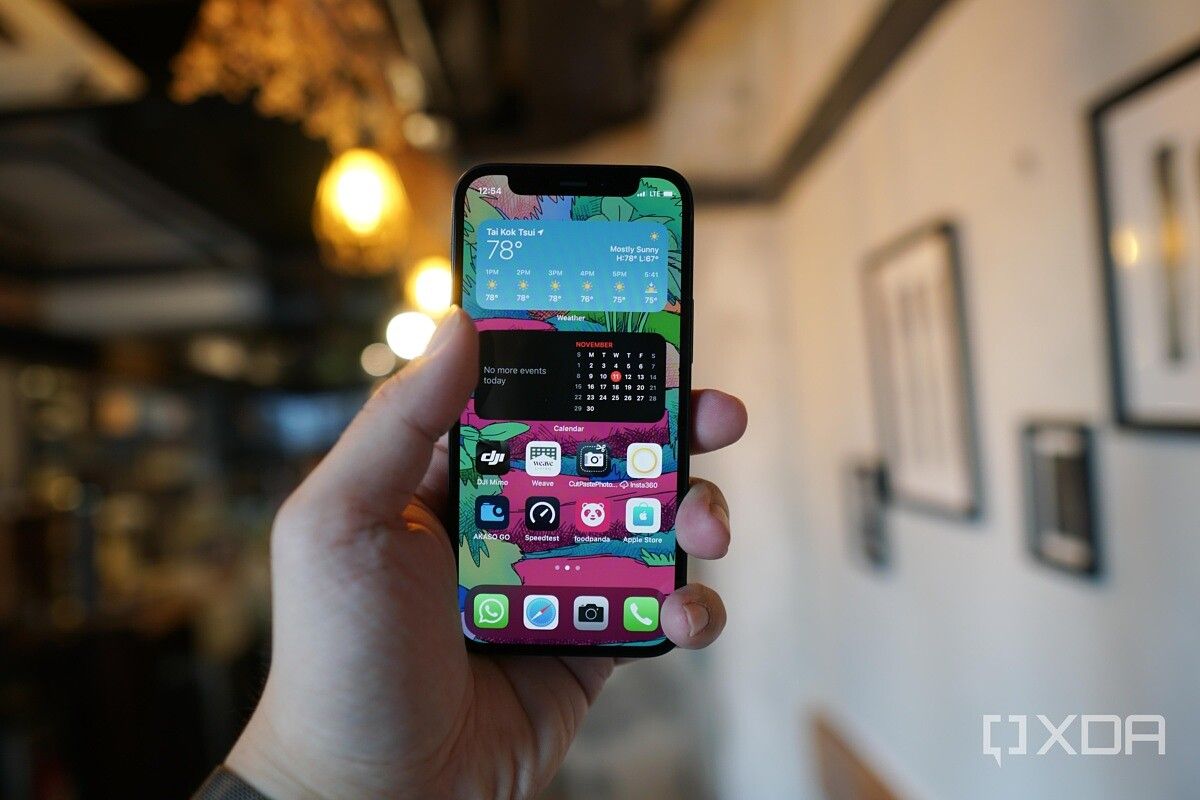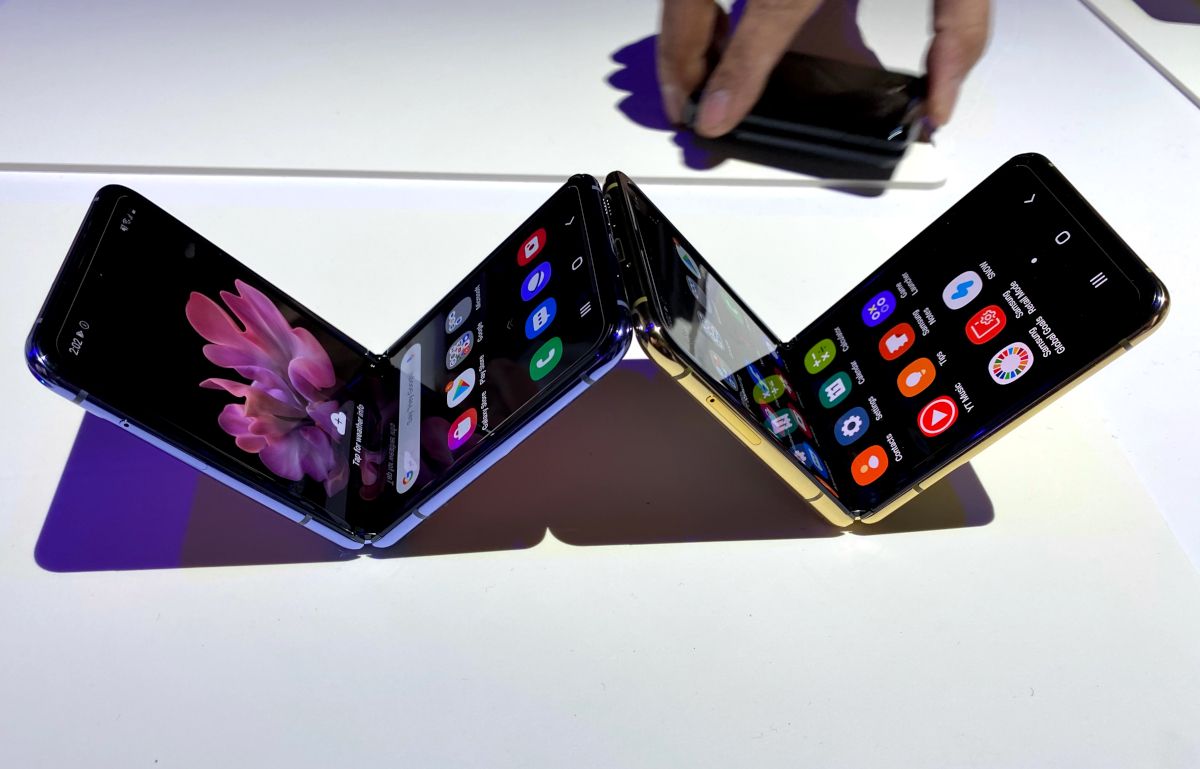Samsung was one of the first companies to really nail the foldable smartphone form factor. But just as the company is gaining a strong foothold in the segment, Apple is reportedly hot on its heels.
According to Bloomberg, Apple is eyeing the possibility of releasing a foldable iPhone, although a potential release is likely years away. The company has allegedly developed prototypes for internal testing, but rather than creating fully realized devices, Apple has reportedly procured foldable screens to analyze their longterm viability. “Apple has internally discussed a number of foldable screen sizes, including one that unfolds to a similar size as the 6.7-inch display on the iPhone 12 Pro Max,” Bloomberg said in its report.
The foldable displays that Apple has tested reportedly feature an invisible hinge, with the electronic components located behind the screen similar to the Galaxy Z Flip. In contrast, Microsoft launched the Surface Duo last year, which did have a visible hinge that separated the device’s display panels.
Samsung's Galaxy Z Flip.
If a foldable iPhone ever does come to fruition, it’s unclear if it will replace the current form factor or complement the iPhone lineup as it exists now. Bloomberg warns that while Apple is open to the idea of a foldable iPhone, the project may get scrapped.
The report underlines how the smartphone market may evolve as a whole in the future. While foldable devices aren’t all that prevalent right now, Samsung’s Galaxy Z Fold 2 and Galaxy Z Flip proved that they are viable—and they can be really, really good.
The downside is that foldable devices are expensive. But as the necessary components come down in price, that may not be as big of an issue down the road. As the technology evolves and prices stabilize, foldable phones could potentially become the dominant form factor across the industry.
In the meantime, Bloomberg provides a few early details about the 2021 iPhone, which is said to feature relatively minor changes. One such upgrade could be an in-screen fingerprint sensor, giving users a convenient way to unlock their phone when Face ID fails. In the age of masks, the return of Touch ID to a flagship iPhone could be big. Apple has also discussed removing the charging port in favor of its wireless MagSafe charging system, according to Bloomberg. Lastly, the company reportedly plans a new iPad Pro that has a MiniLED display and a faster processor, as well as a new entry-level iPad with a slim profile like the 2019 iPad Air.
Featured image: Apple's iPhone 12 Pro Max


